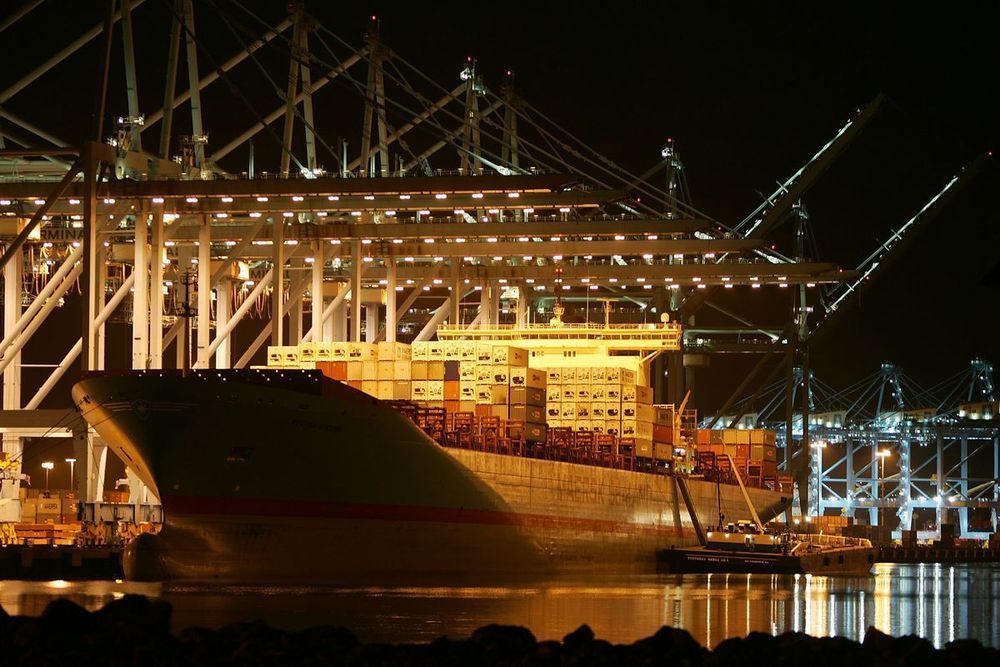This electric truck can drive for 400 miles without recharging ⚡ 🚙.
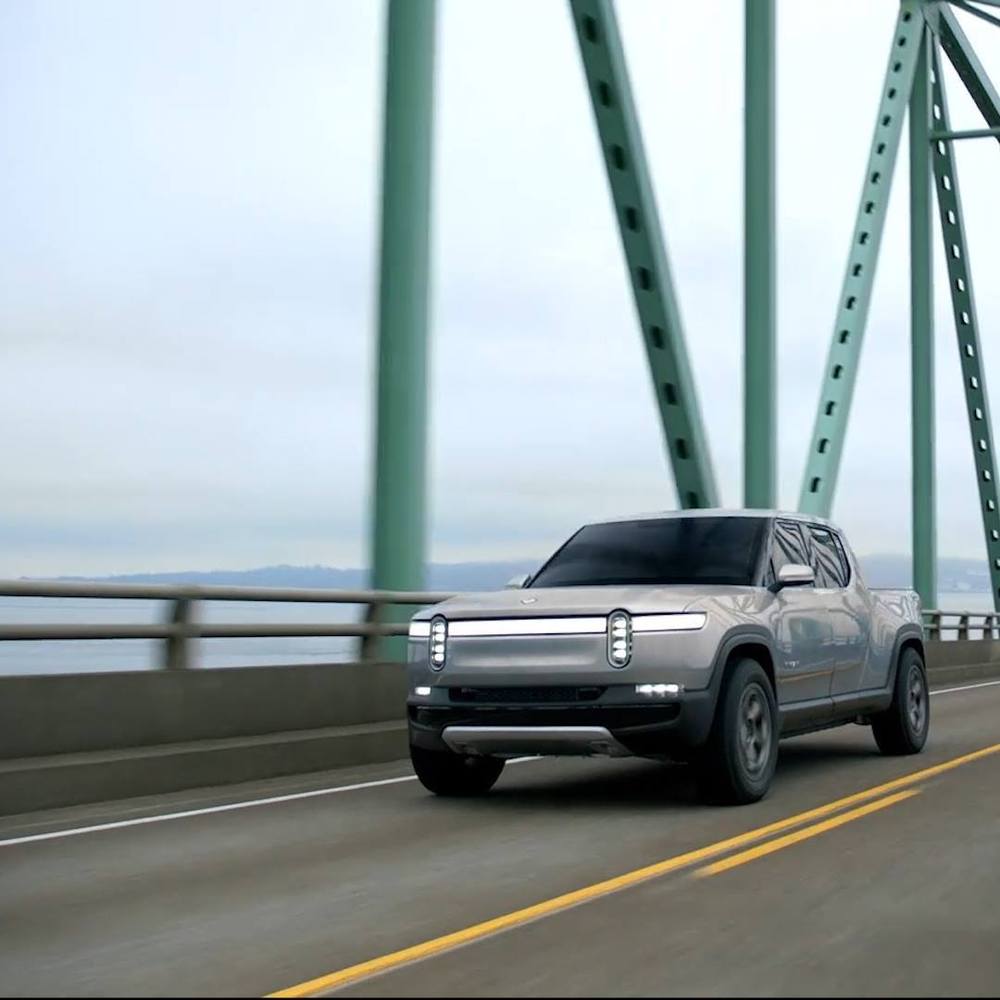

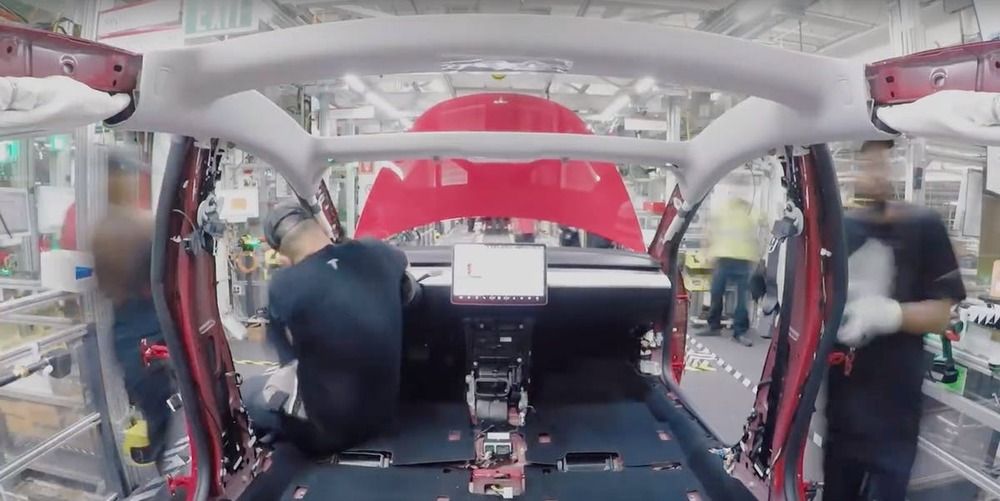
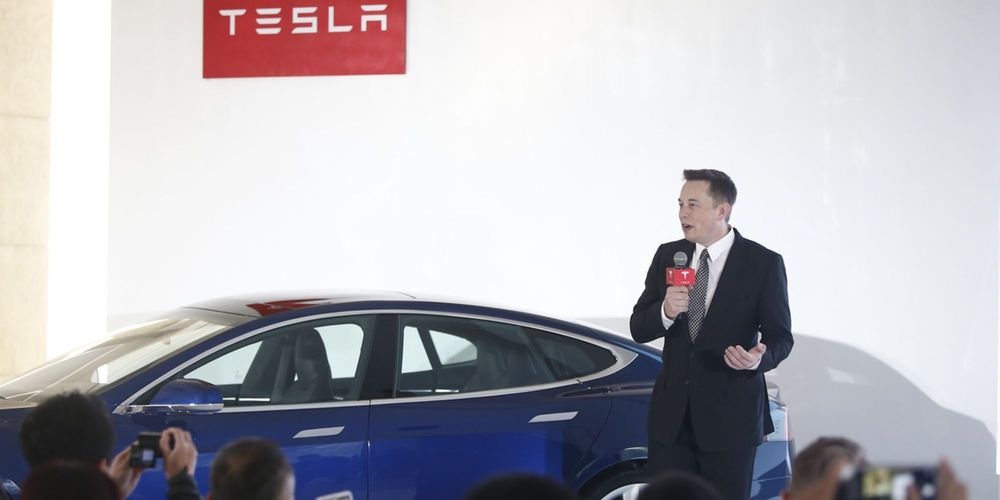
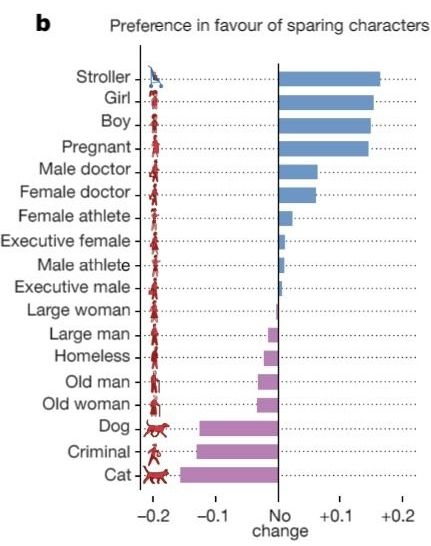
Can machines make moral choices?
A massive new survey developed by MIT researchers reveals some distinct global preferences concerning the ethics of autonomous vehicles, as well as some regional variations in those preferences.
The survey has global reach and a unique scale, with over 2 million online participants from over 200 countries weighing in on versions of a classic ethical conundrum, the “Trolley Problem.” The problem involves scenarios in which an accident involving a vehicle is imminent, and the vehicle must opt for one of two potentially fatal options. In the case of driverless cars, that might mean swerving toward a couple of people, rather than a large group of bystanders.
“The study is basically trying to understand the kinds of moral decisions that driverless cars might have to resort to,” says Edmond Awad, a postdoc at the MIT Media Lab and lead author of a new paper outlining the results of the project. “We don’t know yet how they should do that.”
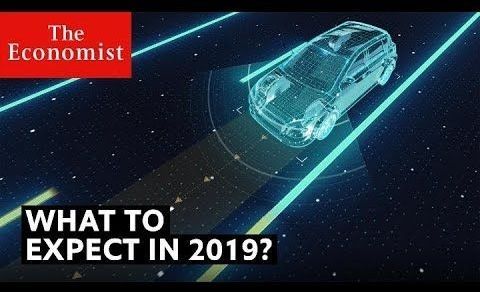
Power suits, robotaxis, Leonardo da Vinci mania—just a few of the things to look out for in 2019. But what else will make our top ten stories for the year ahead?
Click here to subscribe to The Economist on YouTube: https://econ.st/2xvTKdy
What will be the biggest stories of the year ahead?
00:35 — 10 — Powered Clothing.
In 2019 power dressing will take on a whole new meaning when this strange-looking clothing hits the market. Not so much high fashion as high tech, it’s a suit with built-in power that will literally get people moving. Part of the wearable robotics revolution, the suit is made up of battery-powered muscle packs which contract just like a human muscle to boost the wearer’s strength. With the global population of over 60s expected to more than double by 2050, and retirement age increasing, there’s no shortage of potential markets. But don’t expect the suits to ease the burden on aching limbs and overstretched health services anytime soon — as these suits don’t come cheap. According to the manufacturer they’ll retail for around the cost of a bespoke tailored suit.
02:13 — 9 — The year of cheap flights.
2019 will be the year low-cost long-haul travel takes off. You’ll be able to buy a ten thousand mile flight from London to Sydney for around $350 and this is why. The world will boast two new state-of-the-art mega hub airports and competition between them will drive down the cost of flying. Daxing Airport outside Beijing is due to open in 2019 and will feed growing demand for air travel in China. Beijing already has one of the world’s biggest airports and for China this new mega hub will send an important message to the world. Rivaling Daxing as a national symbol of global prestige will be a new mega hub airport in Istanbul. Opened in 2018 it covers a staggering 26 square miles — an area larger than the island of Manhattan. And in 2019 consumers will again be the beneficiaries of a state sponsored economic push. But the low fares offered by competition between these hubs could be short-lived.
04:06 — 8 Stonewall riots at 50.
In 2019 LGBT communities will mark the anniversary of a seminal event — it will be 50 years since patrons at New York gay bar, The Stonewall Inn, resisted police attempts to arrest them. The resulting Stonewall riots kick-started the modern gay rights movement. In many countries the laws that continue to allow intolerance and inequality have their roots in religion. But one former British colony has given hope to the global movement for change. In 2018 India decriminalized homosexuality and gay rights campaigners hope 2019 will be the year other former British colonies follow suit. In February Kenya’s High Court will rule on whether to decriminalize same-sex intimacy which is currently punishable with up to 14 years in prison. Campaigners hope that decriminalization could start a domino effect across Africa.
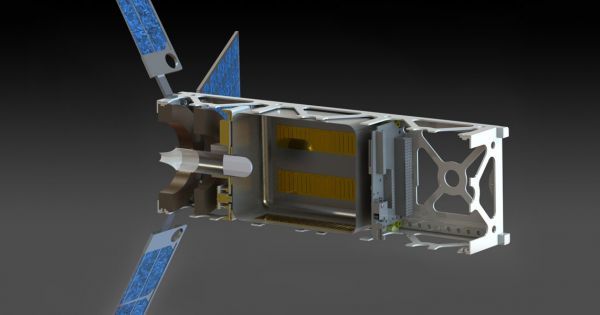
A team from Cornell is out to prove that water is all you need to send an aircraft flying in space. They will attempt to send a CubeSat, a tiny satellite no bigger than a cereal box, to orbit the moon.
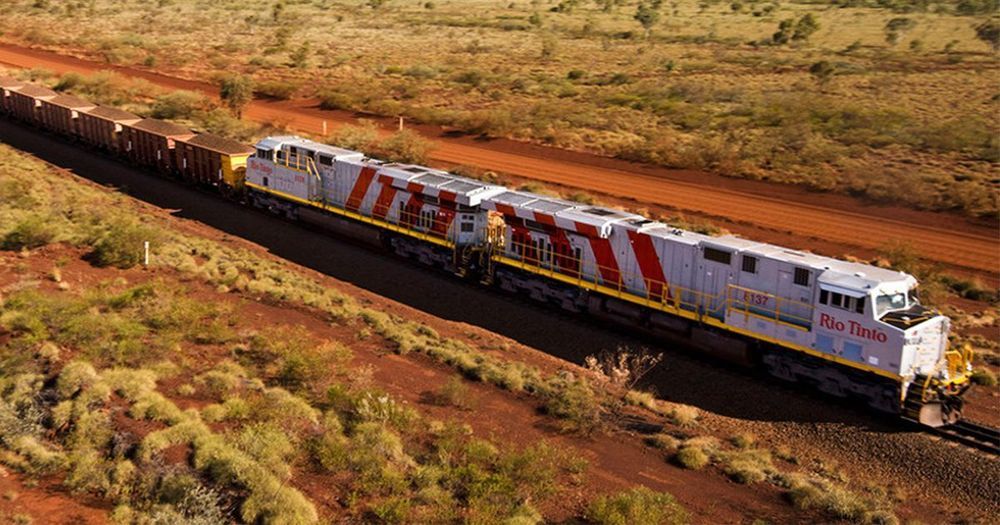
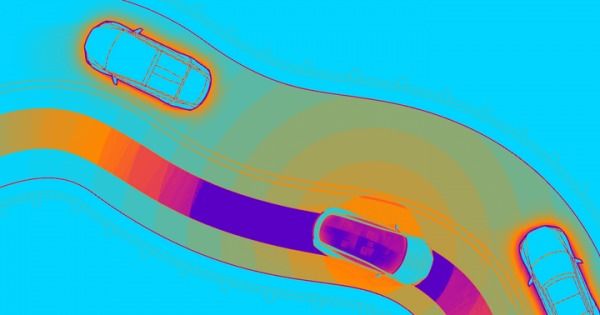
The evidence that self-driving vehicle manufacturers aren’t always upfront with the public hasn’t helped either. An excoriating October New Yorker investigation into the early years of the Google self-driving research project that eventually became Waymo found that the company had performed reckless road tests early in its work — and hadn’t always reported accidents.
Road Ahead
Musk’s promise to accelerate fully autonomous research, along with a call for more internal Tesla testers for the program, run precisely counter to that narrative. That’s not surprising: the eccentric Musk is known for imagining futures that are still years away — and using his wealth and influence to attempt to steer history toward or away from them.
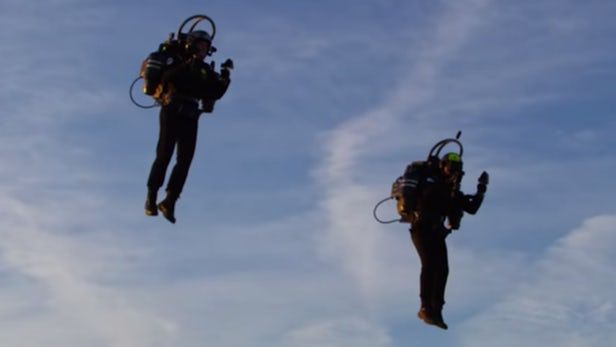
The team at Jetpack Aviation (JPA) has just completed test flights in which two pilots flew close enough together to playfully boop each other on the nose. Next step: the world’s first jetpack race series, starting in 2019, and yes, the jetboards and jet suits of the world are invited to participate!
